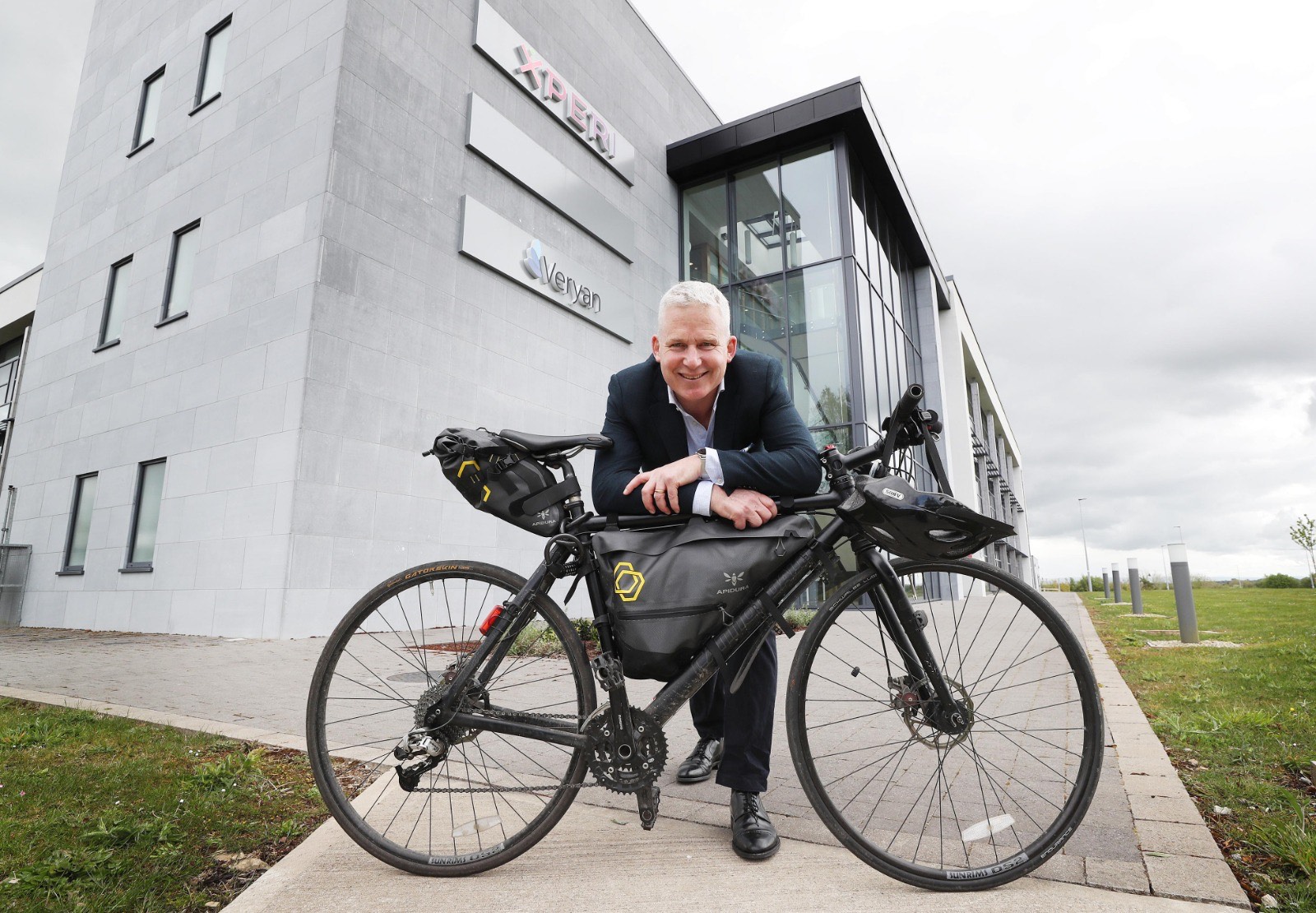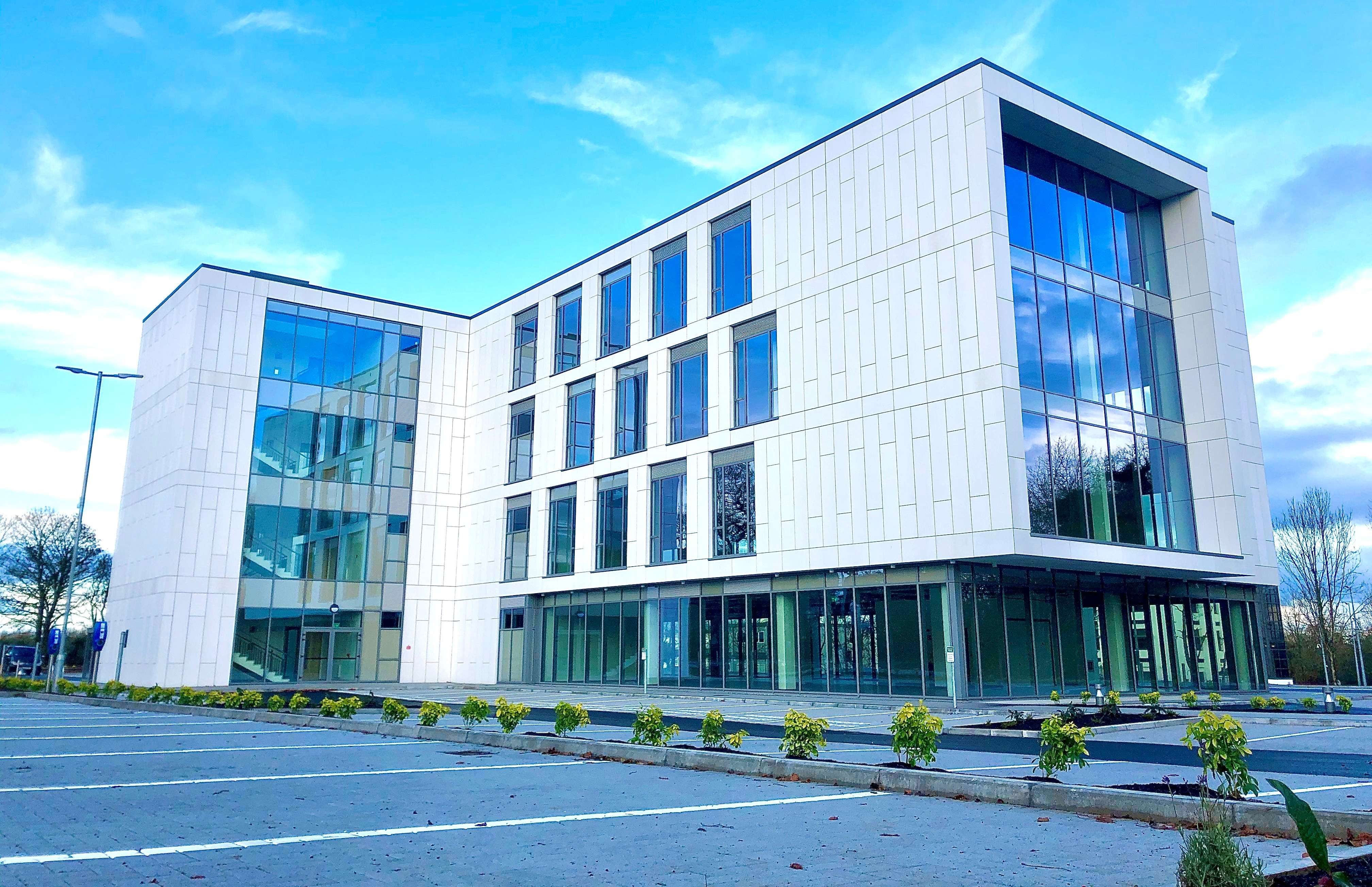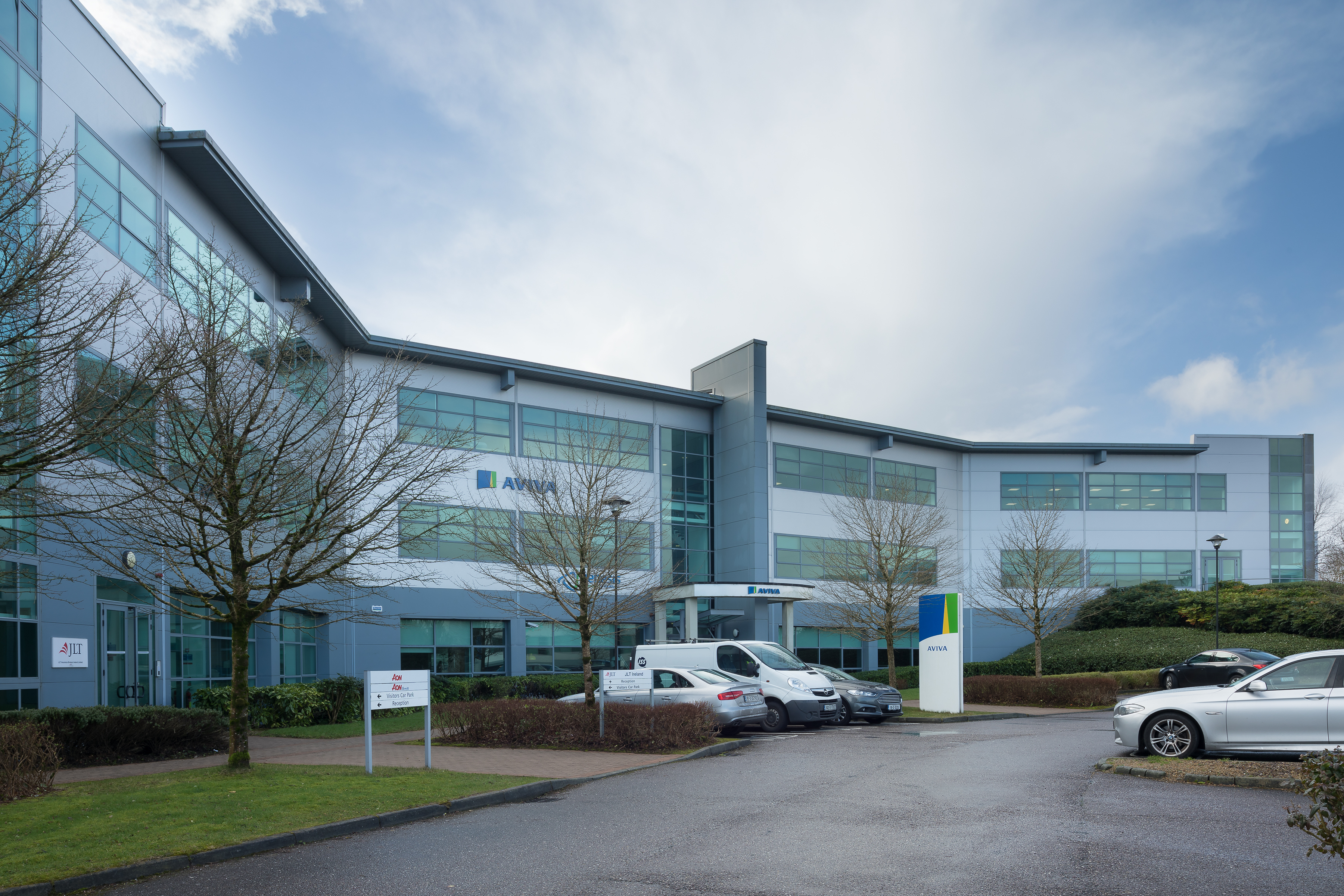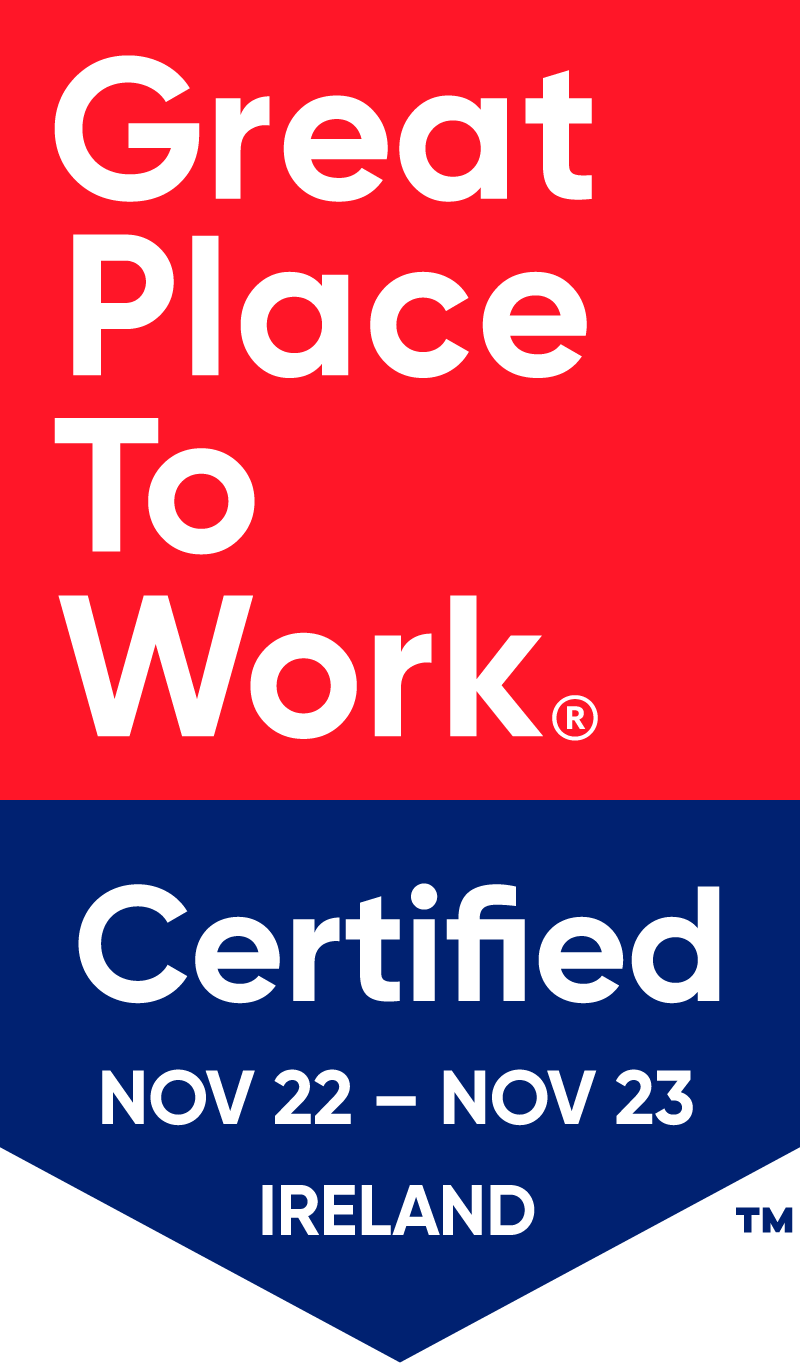Greening the Office: Simple Steps for a More Sustainable Workspace
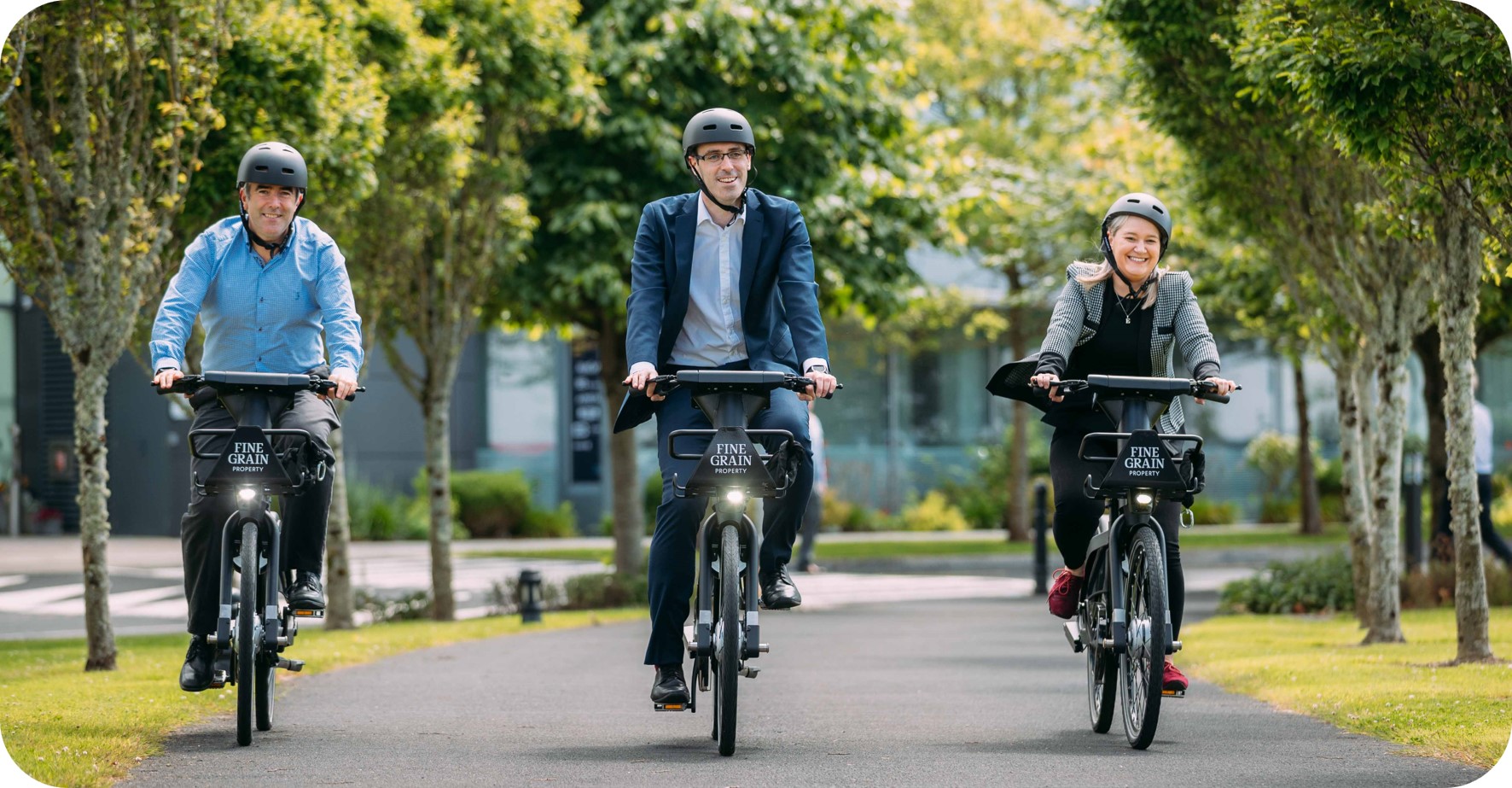
Steps on how to make everyday office practices more eco-friendly.
In today's rapidly evolving business landscape, sustainability is becoming a central tenet of organisational practice and principles. While compliance with EU and Irish legislation is driving sustainable change to an extent, there is increasing recognition of the strategic benefits of embracing sustainability initiatives in the workplace, from cost savings to enhanced brand reputation and improved employee satisfaction. In this article, we take a closer look at eco-friendly workspace initiatives, and how they can support your organisation to mitigate its environmental footprint while also cultivating a dynamic and forward-thinking workplace culture.
The Importance of Building a Sustainable Future
While workspaces can have a surprising impact on the environment, the economic ramifications of unsustainable office practices can also be substantial. According to WRAP UK[1], waste management costs can amount to as much as 4% of turnover, highlighting the financial imperative for businesses to adopt sustainable practices in the workplace. Yet resource consumption, waste disposal and outdated work processes are not only costly, they can have a significant impact on public health and wellness. Exposure to toxins and air pollutants can increase the risk of respiratory ailments and chronic diseases, while employee mental health can also suffer in workspaces that are not optimised for well-being.
In response, the legislative landscape governing environmental stewardship is evolving rapidly, placing an increasing burden on businesses to comply with regulations. The Energy Performance of Buildings Directive, passed by the EU parliament and set to be legislated in Ireland in 2025, mandates ambitious targets for zero-emission buildings and will require significant investments in retrofitting and sustainable infrastructure. The Directive will have extensive implications for organisations across Ireland and their workplace practices.
Regulatory change and economic considerations aside, organisations that embrace sustainability stand to gain much more than a lowered carbon footprint.
A recent survey[2] conducted by Micheal Page in the UK revealed that half of respondents said a sense of purpose ranks among the most important factors when selecting a job. In the same survey, half of respondents also indicated that alignment of company values with their own is a crucial consideration when exploring new job opportunities. Mental health and wellness are also high on the list of employee priorities, with 28% of survey respondents look for well-designed office environments when seeking a new job, 18% finding free therapy services appealing, and 66% prioritising work/life balance. A blend of initiatives such as ergonomic workstations, access to healthy food options, opportunities for physical activity, green spaces at work, and even corporate bee-keeping programs can foster better mental health outcomes, alleviate stress and enhance overall well-being. Considering that many organisations in Ireland identify talent attraction and retention as among their most significant challenges, fostering a culture of sustainability that addresses the needs and desires of employees could play an important role in solving this challenge.
Building a sustainable future necessitates a holistic approach that goes beyond the traditional concept of resource management. By prioritising environmental responsibility, businesses can mitigate their ecological footprint and also foster healthier, more resilient communities and workplaces.
Simply steps to greening your office...
Embarking on the journey toward a greener office space doesn't have to be daunting. By incorporating simple yet impactful practices, businesses can make significant strides to reduce their environmental footprint and develop a culture of sustainability. To get started with easy, actionable steps consider implementing the following practices in your workplace:
- Reduce, Reuse, Recycle:
- Energy Efficiency:
- Water conservation:
- Sustainable Procurement:
- Digital Transformation:
- Green Spaces:
Enhance indoor air quality and employee well-being by incorporating plants and green areas within the office. Consider adding indoor plants to workspaces and common areas to purify the air and create a more pleasant and productive environment. Designate areas for relaxation and reflection, such as rooftop gardens or indoor green spaces, to promote employee health and wellness.
- Incorporating plant-based meals into dining options:
Consider offering plant-based meals in cafeterias and dining spaces and advocate for the inclusion of plant-based options in corporate catering services and external events to amplify the message of sustainability beyond office walls.
The implementation of any sustainability initiatives in the work space must be supported with a vibrant employee engagement program, comprising training, resources, and incentives for employees to adopt eco-friendly practices. The program might also feature the opportunity to celebrate milestones and achievements in sustainability to recognise and motivate staff engagement. By implementing these eco-friendly office practices and encouraging a culture of sustainability, organisational leaders can demonstrate their commitment to environmental stewardship while also benefiting their employees and their business.
Long-Term Commitment to Sustainability
Integrating sustainability into a company's mission and values is essential for long-term viability and success in today's business landscape. PwC reports[3] that 55% of global GDP—equivalent to about US$58 trillion—is moderately or highly reliant on nature, making nature-based climate solutions critical to their future. Further research[4] indicates that 28% of Irish CEOs expressed concerns about the viability of their companies in the next decade if current practices persist, demonstrating a pressing need for businesses to reassess their mission and core values.
The first step towards making a long-term commitment to sustainability involves revisiting your company's mission and core values to ensure they encompass environmental, social, and economic considerations. This includes evaluating your alignment with your stakeholders' expectations and identifying the specific outcomes you would like your sustainability initiatives to achieve. It is important to remember that engaging stakeholders as part of this process is critical for fostering buy-in and support for the company's sustainability vision.
Setting measurable environmental goals and tracking progress is vital for driving meaningful change and accountability. Measurable goals provide a tangible roadmap for success, allowing companies to monitor their impact and allocate resources effectively. By defining specific metrics such as reduction in electricity usage, fuel consumption for company vehicles, carbon emissions reductions, water savings, and waste diversion, businesses can gauge their environmental performance and make data-driven decisions. Revealingly, 45% of FTSE 100 companies now incorporate sustainability measures into executive pay[5], exemplifying the growing trend of linking executive compensation to sustainability goals. However, while legal and financial reporting requirements for ESG are increasing, organisational leaders must ensure their approach to sustainability goes beyond mere compliance. Only an authentic and genuine commitment to workplace sustainability will ensure long-term impact and relevance in an ever-evolving marketplace.
Realising sustainability; what’s next?
The journey towards sustainability requires collective effort and unwavering commitment from leadership, teams, and individuals alike. By aligning sustainability with core values and mission, it becomes ingrained in organisational culture and serves as a driving force for positive change. Start with small changes, remembering that every effort, no matter how small, counts towards building a more sustainable future in your workplace. Whether it's turning off lights when leaving a room, reducing paper usage, or using reusable water bottles, every employee’s actions have an impact. To explore some of FGP’s projects and how they align with sustainability goals, and to share your ideas, reach out to Sean McGuire or Ronan Keogh at Fine Grain Property. Together, let's create a future where environmental stewardship is not just a goal but a shared commitment that defines who we are as individuals and organisations.
[1] WRAP Business Resource Efficiency Guide
[2] Michael Page, Attract Top Talent To Your Business Ebook, August 2023
[3] PwC, PwC boosts global nature and biodiversity capabilities with new Centre for Nature Positive Business, as new research finds 55% of the world’s GDP - equivalent to $58 trillion - is exposed to material nature risk without immediate action. Accessed 27 February 2024
[4] PwC, Will your company survive the next decade? Accessed 27 February 2024
[5]PwC, Linking Executive Pay to ESG Goals, Accessed 27 February 2024

